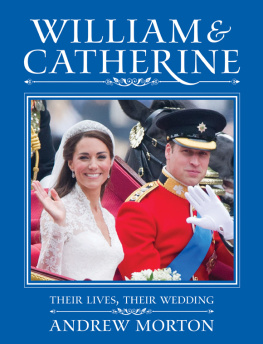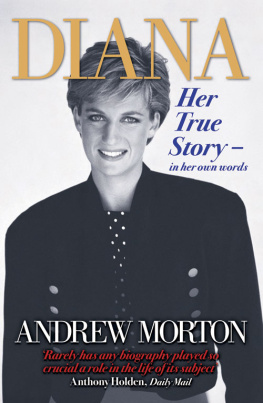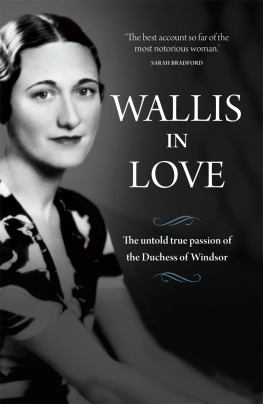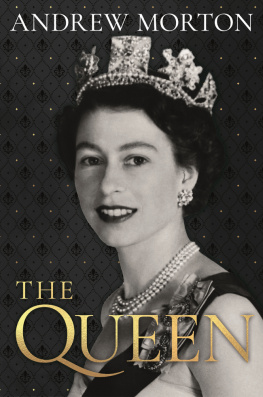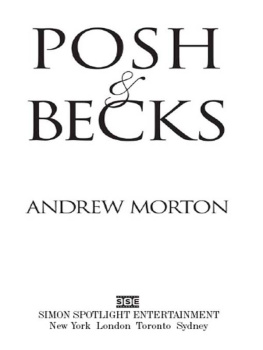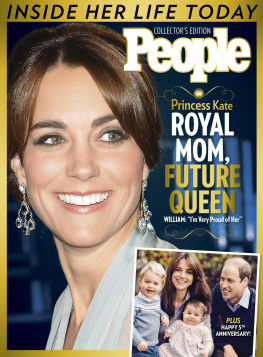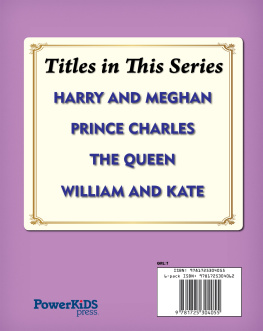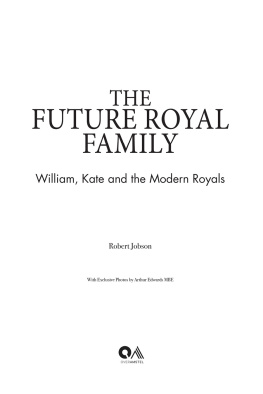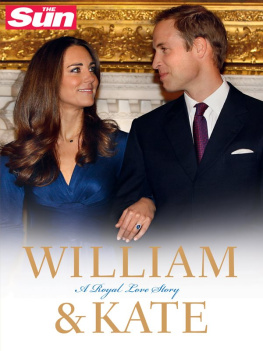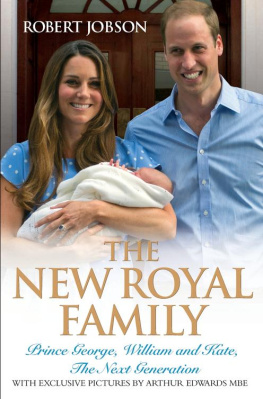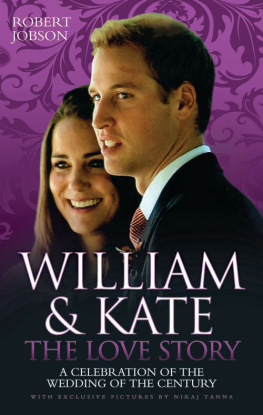
First published in Great Britain in 2011 by
Michael OMara Books Limited
9 Lion Yard
Tremadoc Road
London SW4 7NQ
This electronic edition published in 2011
ISBN: 9781843177234 in EPub format
ISBN: 9781843177241 in Mobipocket format
ISBN: 9781843176213 in hardback print format
Copyright Andrew Morton 2011
The right of Andrew Morton to be identified as the author of this book has been asserted by him in accordance with the Copyright, Designs and Patents Act 1988.
All rights reserved. You may not copy, store, distribute, transmit, reproduce or otherwise make available this publication (or any part of it) in any form, or by any means (electronic, digital, optical, mechanical, photocopying, recording or otherwise), without the prior written permission of the publisher. Any person who does any unauthorized act in relation to this publication may be liable to criminal prosecution and civil claims for damages.
A CIP catalogue record for this book is available from the British Library.
www.mombooks.com
Text design: Ana Bjeancevic
Cover photograph: Rex Features
CONTENTS


WILLIAM OF WALES

The Path of the Prince


e was born in the Lindo Wing of St Marys Hospital in West London on 21 June 1982. In August he was christened William Arthur Philip Louis, although he became known affectionately as Wombat to those close to him. And that, you might have thought, would have been that, if it were not for the fact that he was also known, formally, as His Royal Highness Prince William of Wales, and that, being the firstborn son of the Prince of Wales, he had become, by the simple fact of his birth, second in line to the throne of the United Kingdom of Great Britain and Northern Ireland.
In other words, a king-in-waiting.

The way he was raised owed much to an old black-and-white Path newsreel showing his grandmother and grandfather, the Queen and Prince Philip, returning to Britain in May 1954 after their long post-Coronation tour of the Commonwealth. On greeting her oldest son, then aged five, after an absence of six months, the new Queen shook his hand rather than hugging him.
That image was to have a lasting effect on Williams mother, Diana, Princess of Wales. As she began to find her way inside the royal family, she resolved that her own children would never suffer such emotional remoteness. It set Williams (and, later, Harrys) upbringing on a trajectory that fused, sometimes uncomfortably, the traditional royal stiff upper lip with behaviour that was informal, relaxed and approachable. Dianas hands-on mothering, given her position and workload, was in sharp relief to the way her husband, Prince Charles, had been raised by a succession of nannies. Hes not hidden upstairs with the governess, was her approach to Williams upbringing. This yawning generational gulf was exposed early on when Williams nanny was absent during a stay at Balmoral, the Queens Highland retreat in Aberdeenshire. Diana took over the mothering herself, causing the Queen to exclaim, I dont understand why Diana has to do this. There are millions of housemaids around.
The first sign of this change had come about by accident. In April 1983, some ten months after Williams birth, the Prince and Princess were due to undertake a lengthy tour of Australia. As a royal novice, Diana was reconciled to leaving her son behind in England. However, an intervention by the Australian Prime Minister, Malcolm Fraser, inviting them to bring the baby along, transformed Dianas mood, affording her great fulfilment, but also signalling a break with the past, when royal children had invariably been left behind at Buckingham Palace while their parents were on tour.
She was always there to support, warn and encourage the young princes as they threaded their way towards understanding that they, particularly William, were not like other people. That one day he would be King.
This looming awareness of a special role in the world is a gradual process, as Williams father recalled: I didnt just wake up in my pram one day and say Yippee! I think it just dawns on you, slowly, that people are interested and slowly you get the idea that you have a certain duty and responsibility. Before William attended school, he genuinely had no idea that he was any different from anyone else. Although, as a youngster, he was the focus for occasional photo calls he spent the whole time looking through the TV camera lens during one session in the garden at Kensington Palace his mother told him that the photographers were only there to take her picture.
Perhaps Williams first steps on the road to realization came when, in January 1987, aged four, he was enrolled at Wetherby School in Notting Hill. His innocence of his position was soon ended by fellow pupils, who left him in no doubt who he was. On one occasion a classmate reportedly asked him, Dont you know the Queen? William looked at him and replied, Dont you mean Granny?
Unsurprisingly, Harry was not slow to join the teasing of his older brother. When William said once that he would like to be a policeman and look after his mother, Harry told him emphatically: You cant, you have to be King.
There were princely perks, however. On at least one occasion Diana took them to the police shooting range at Lippitts Hill in Essex where, under the watchful supervision of a police instructor, they learned to fire a .38 Smith and Wesson revolver.
Although William and Harry lived in a privileged world, a different world, it was not remote or aloof. That the boys went to exclusive private day schools close to their home was little different from many other children from well-to-do families living in Central London. Diana always made a point of taking them on the school run and of either picking them up herself when school ended for the day, or of being back from royal engagements in good time to be in the house when they came home.
Often they would sit with their mother in front of the TV eating beans or cheese on toast, or she would go into the kitchen and make something simple from scratch. Diana wanted William and Harry to be normal as far as they were able within the bounds of their position and the constraints of security. She wanted her boys to experience life at first hand, argues her hairdresser, Sam McKnight. One of her biggest goals was to learn from past mistakes in the family and have those boys buy a magazine in a shop, simple as that.
It is a theme echoed by Ken Wharfe, her police protection officer: The children would have this interaction with normal people and it was a great education for them, frowned upon, I might add, by the Prince. In those early stages I dont think hed liked what he would deem as familiarity. I think it was crucial to William and Harry for where they find themselves.
Next page
